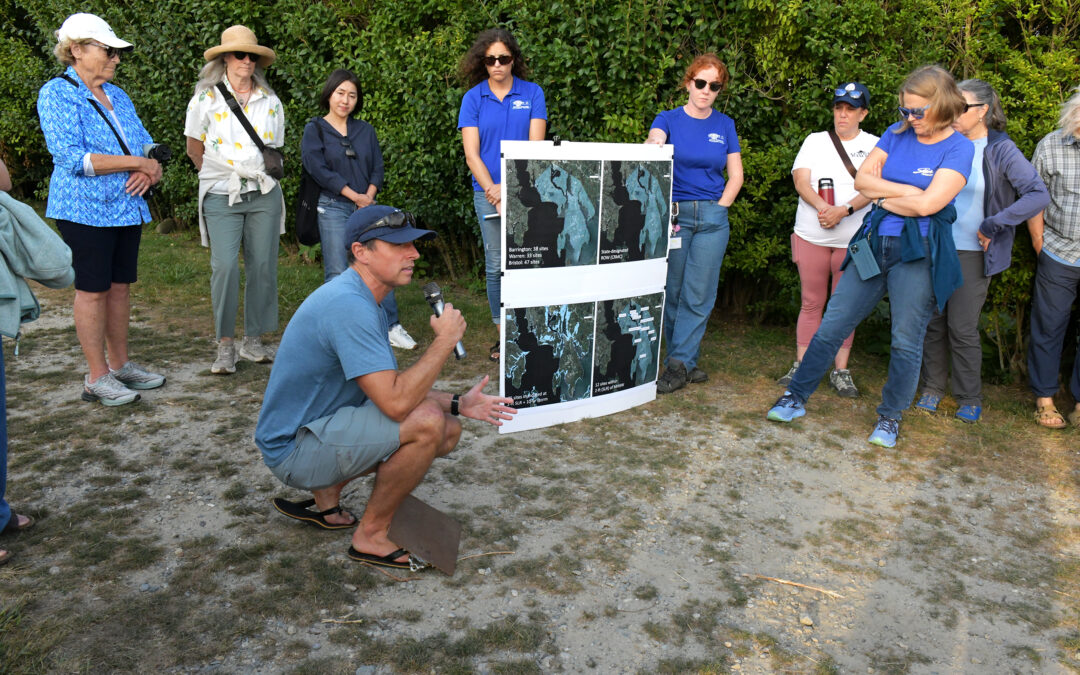
by Rhode Island Sea Grant | May 27, 2025 | Coastal Communities, Marine Law, News
As sea levels rise and coastal erosion accelerates, Rhode Island’s shorelines are literally on the move. The high tide line—the traditional marker of public coastal access—is shifting inland in many places. This movement raises new questions about where the public can...
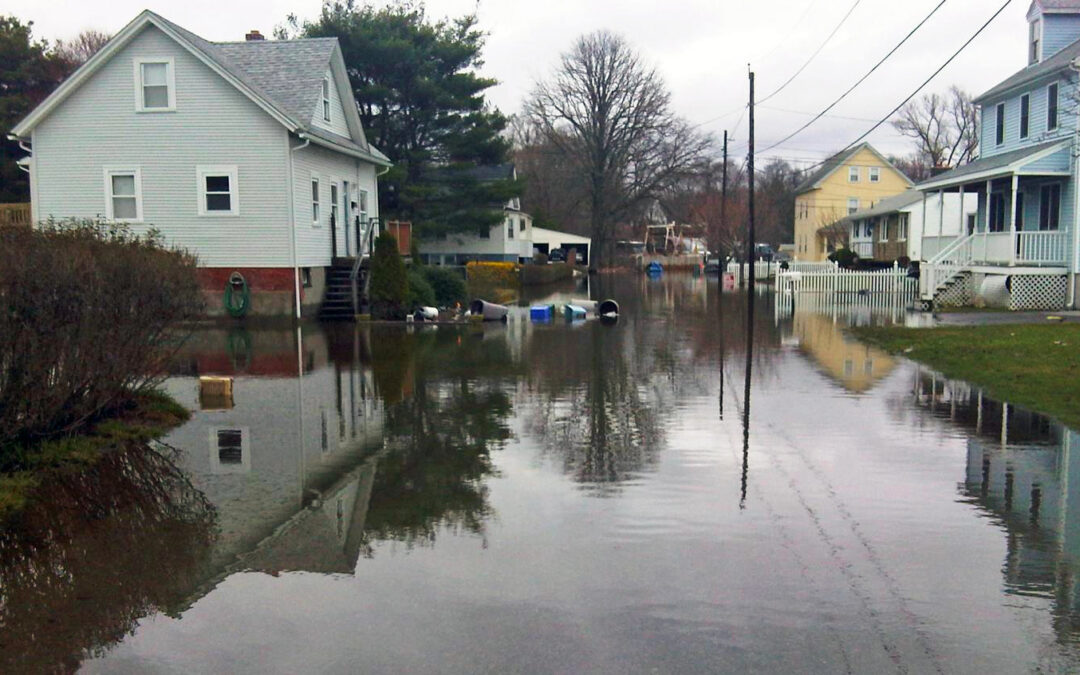
by Rhode Island Sea Grant | Mar 12, 2025 | Coastal Communities, Marine Law, News
Workshop offers municipal leaders and others better practices for moving community members to safer ground The repeat flooding of her house in East Providence near the Runnins River became too much for Kathy Ribeiro to manage. She, along with 17 neighbors, accepted a...
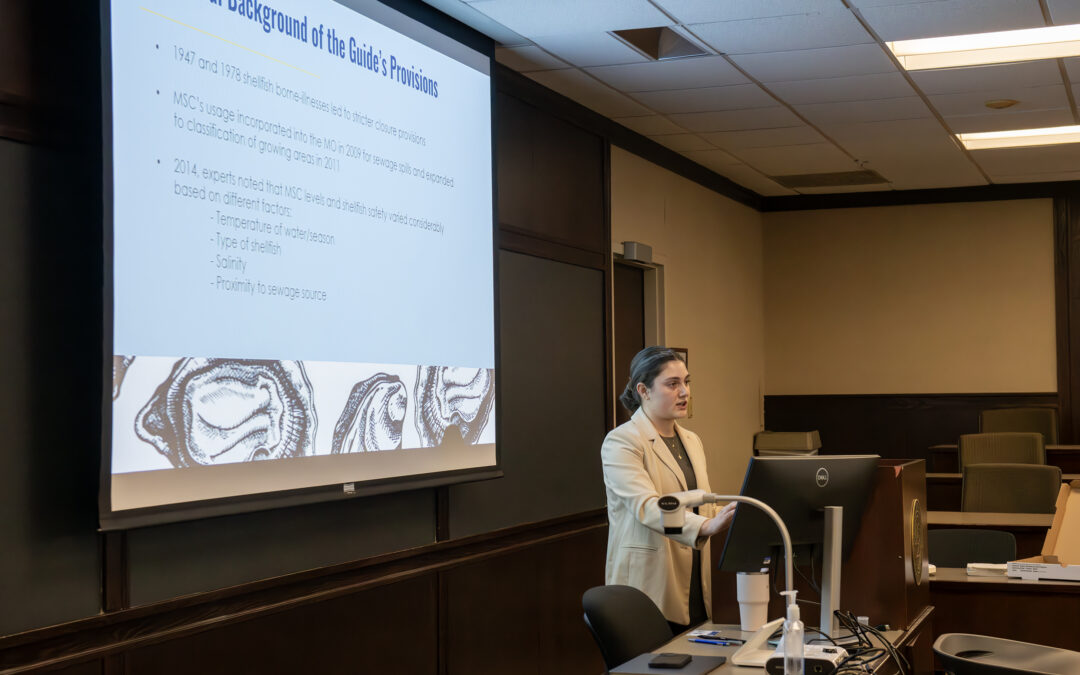
by Rhode Island Sea Grant | Mar 5, 2025 | Marine Law, News, Sustainable Seafood
Some Massachusetts emergency shellfish harvest closures could be overly strict; Rhode Island uses other management tools to protect consumers while avoiding harm to industry, Marine Affairs Institute/Rhode Island Sea Grant Legal Program research finds Buzzards Bay...

by Rhode Island Sea Grant | Dec 30, 2024 | Marine Law, News, Students
Spending a year in Washington, D.C., working in a Congressional office or a federal agency on ocean and coastal policy can be an intimidating prospect for a graduate student more used to labs and lecture halls. But for Chris Perrett, whose career in federal service...
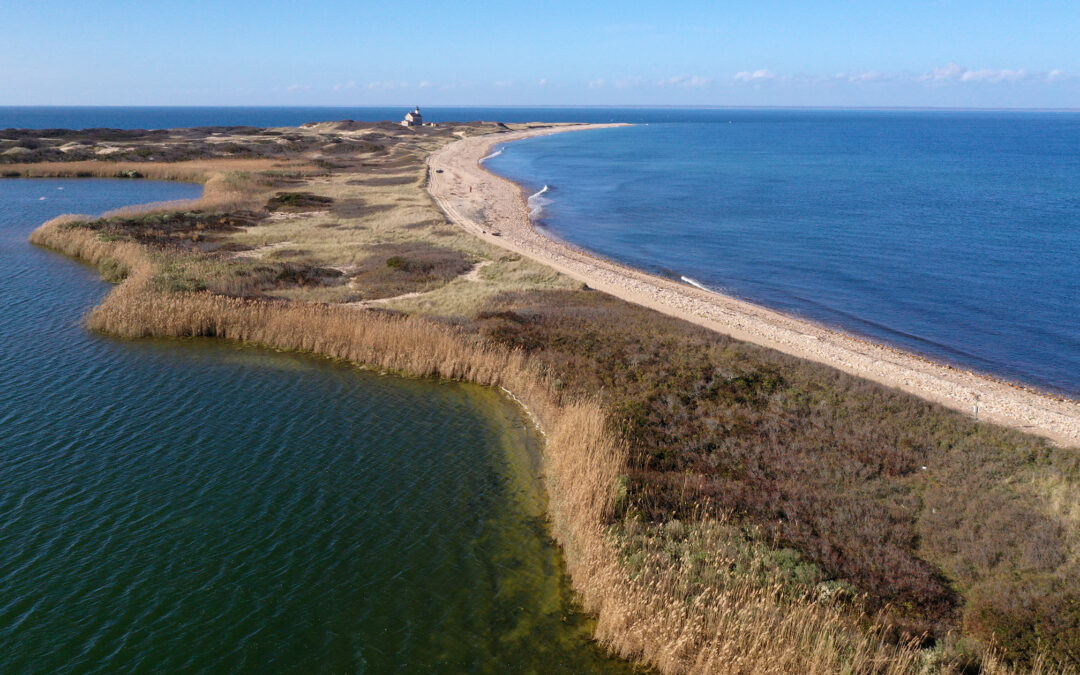
by Rhode Island Sea Grant | Sep 6, 2024 | Coastal Communities, Marine Law, News, Students
The Block Island Ferry terminal is vulnerable to threats from climate change, such as increased storms and rising sea levels. On a sunny Tuesday morning in late June, students from the Roger Williams University School of Law Marine Affairs Institute’s Coastal...
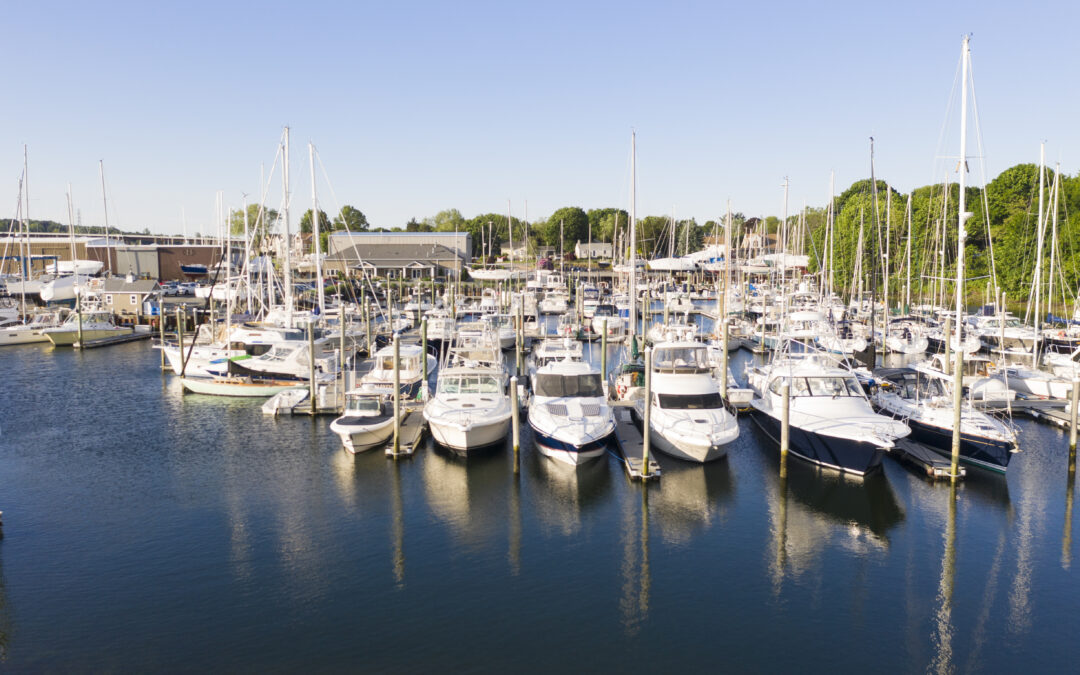
by Rhode Island Sea Grant | Jun 13, 2024 | Marine Law, News, Uncategorized
Commercial Users’ Access to Rhode Island Marinas: A Rhode Island Sea Grant Legal Program Research Summary The competition for marina slips has become challenging in Rhode Island, in part due to the surge in recreational boating during the Covid-19 pandemic. A...







